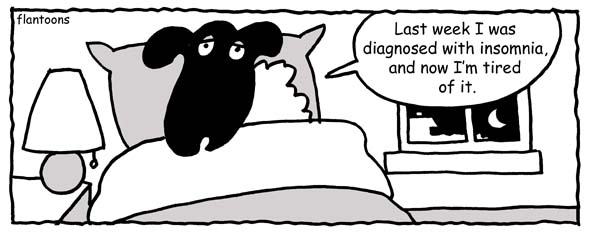
English has a large number of phrasal verbs, many of which use the preposition out.
For example go out means to leave your home for a short time. Also, remember that some phrasal verbs can have more than one meaning. Go out also means to have a boyfriend/girlfriend.
Look at the context of each sentence and choose the correct definition. Good luck!
English has a large number of phrasal verbs, many of which use the preposition 'up'.
Quite a lot of phrasal verbs with up mean 'to increase/improve something'. For example speed up means 'to increase your car's speed'. There are exceptions to this such as hold up which means 'to delay something'.
Look at the context of each sentence and choose the correct definition.
Good luck!
Phrasal verbs are really tricky and many students tell me they are one of the most difficult things about learning English. That is why it is really important to learn them and practise them. Here are seven phrasal verbs ending in 'off'.
How many of them do you recognise? I've written the literal meaning to help you. Read through the sentences below and decide which phrasal verb is needed for each sentence. Then try to make your own sentences with at least three of the phrasal verbs listed.

This joke is based on the meaning of the word insomnia and the idiom tired of:
Insomnia (in-SOM-ne-ah) is a common sleep problem. People who have insomnia have trouble falling asleep at night. As a result, they get too little sleep or have poor-quality sleep.
Basically, a phrasal verb is a combination of a verb with at least one other word. These can be a verb and an adverb, a verb and a preposition, or even a verb with an adverb and a preposition.
Example: "John flew off the handle." Which means that John became very angry.
1. grow up - behave responsibly; behave as an adult, not a child.
Phrasal verbs are made of two parts: a base verb and another small word that is either a preposition or an adverb particle.
It is not always possible to guess the meaning of a phrasal verb from the individual words in it. The more exposure you have to phrasal verbs the easier they are to learn.
Take a look at the following ten sentences and decide which preposition is needed to form the correct phrasal verb.
A few months ago we looked at some plant and flower idioms and many people found the idioms really helpful and interesting. Can you still remember how they are used? Here are some sentences to help you check your memory, as well as two new plant idioms to help you learn something new!
Good luck!
Lesson by Caroline Devane
Here is another opportunity for you to practise using phrasal verbs. Phrasal verbs with 'put' are extremely common and here are just a few of them. In each sentence, decide which phrasal verb is needed to complete it correctly. I've put the meanings of the phrasal verbs below to help you decide. Don't put it off until tomorrow! Do this lesson now!
Today's lesson reviewd and builds on the 7 travel phrasal verbs we studied at a few weeks ago. Look at the these phrasal verbs and their definitions. Fill in the gaps with the correct phrasal verbs so that the text makes sense. (Keep in mind that the main verb changes according to the time and function of the sentence, e.g. drop off in a past passive structure is I was dropped off.
Here's an exercise to see how much you remember about these phrasal verbs which are all used to talk about travel and holidays. Decide which phrasal verb fits in each gap. Then check and see if any of them need to be in a different tense.
Remember, it's really important to double check your work for little mistakes!
Good luck!
By Caroline Devane